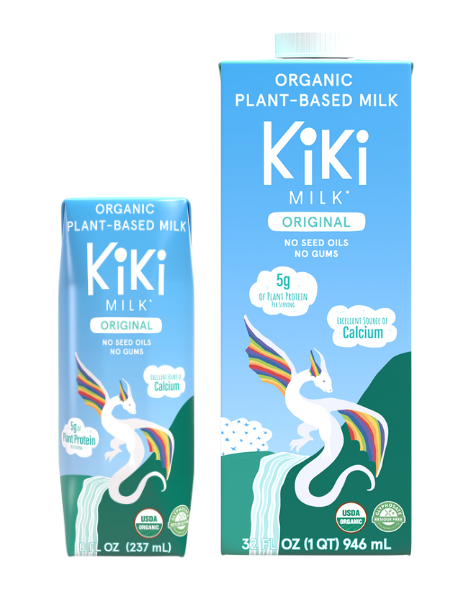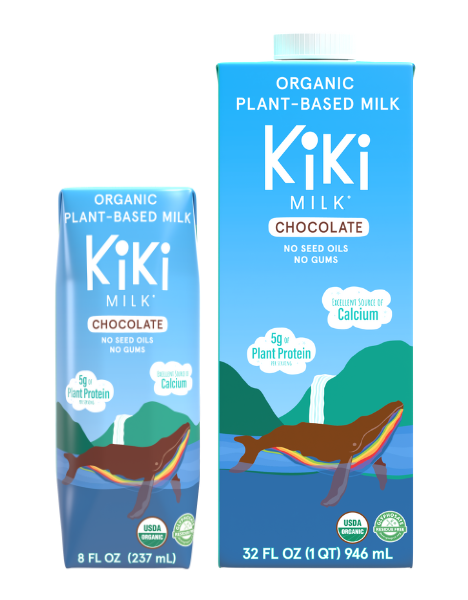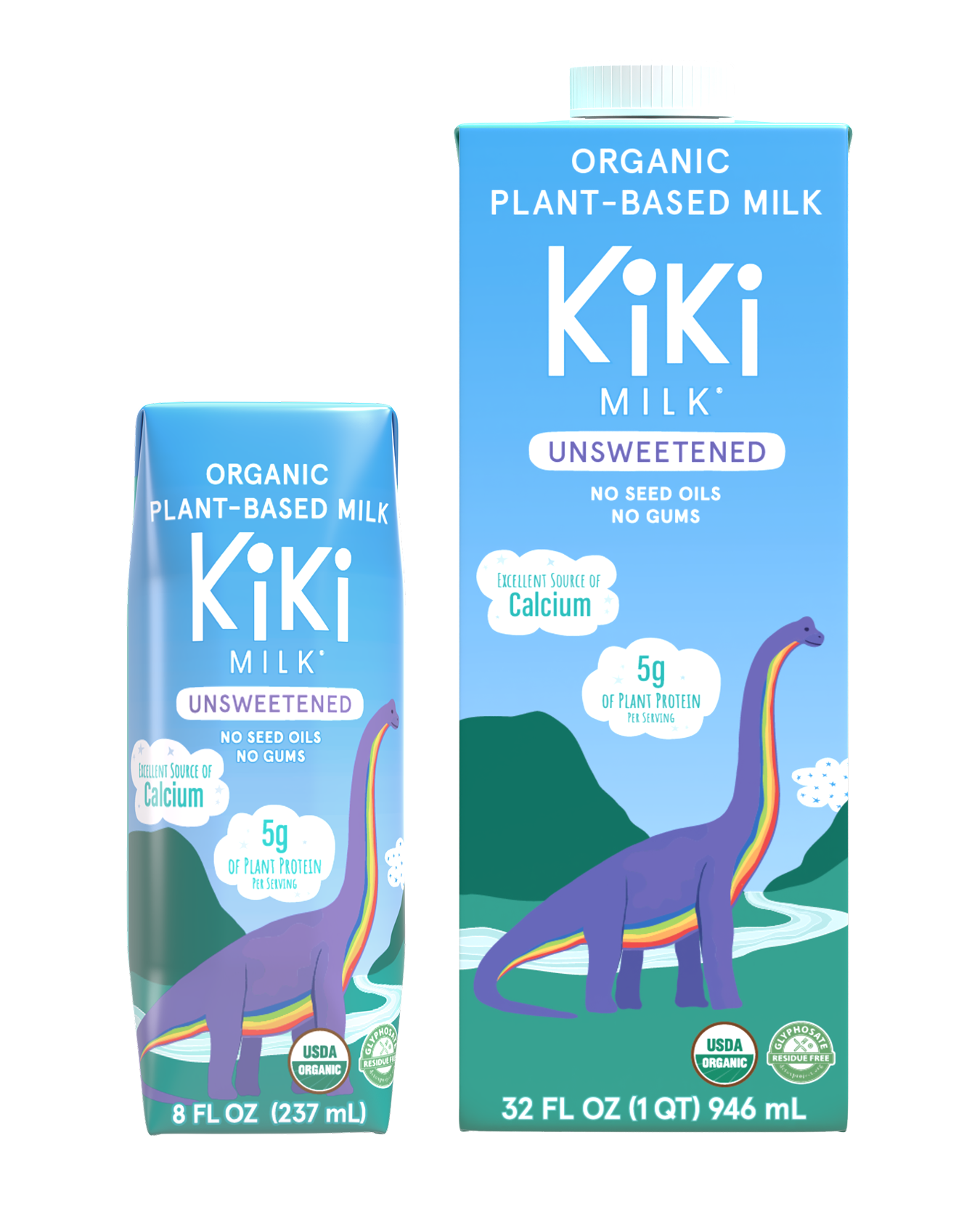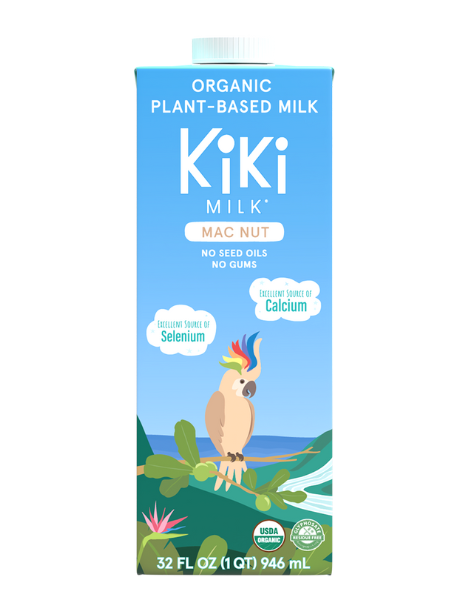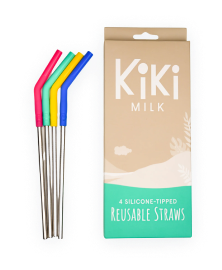What are synthetically fortified vitamins?
Synthetically fortified vitamins are artificial nutrients made to mimic the chemical structure of natural vitamins. They are manufactured in laboratories through various chemical processes, which slightly alters their chemical bond formations.
This processing impacts how the body can absorb and utilize these compounds.
What is the difference between natural and synthetic nutrients?
Natural vitamins are derived from whole foods such as plants, herbs, and animal products. They are more easily absorbed and are generally more potent than synthetic nutrients. Extracting vitamins from natural food sources is time-consuming and costly, explaining why supplements with natural ingredients are often considerably more expensive.
Synthetic vitamins are manufactured in laboratories. They are less bioavailable than natural vitamins and may contain potentially harmful chemical residues due to their production processes. These are cheaper to produce, and as such are more widely available.
Why do we avoid synthetically fortified vitamins?
〰️ Less bioavailable
Natural vitamins typically are bound to co-factors like amino acids and trace minerals, which increase the bioavailability and absorption of nutrients and facilitate their transport across cell membranes. Synthetic vitamins are produced in isolation and lack co-factors, which reduces their absorbability and makes them less effective.
〰️ Often contain contaminants
Many synthetic supplements are made with a long list of additives such as artificial preservatives and sweeteners, bulking agents, and food coloring to increase the shelf-life and enhance color and texture. They also have a significantly higher risk of contamination from heavy metals and pesticides.
〰️ Not regulated by the FDA
The FDA does not review dietary supplements for safety and effectiveness before they are marketed. This means that claims and potency of nutrients may not be verified.
〰️ Long term use may pose health concerns
Synthetic products often contain much larger concentrations of nutrients than are naturally found in foods. While the body will naturally flush out water soluble vitamins (B vitamins and vitamin C), it stores fat soluble vitamins (Vitamin A, D, E & K) so there is risk of them accumulating to high and unsafe levels.
Sources: PMID: 31500469, 17209208, 12936943
*Not all synthetically fortified vitamins are equal. Variations in quality, purity, and nutritional content exist between brands and types.
What are some examples of synthetically fortified vitamins?
There are synthetic versions of most nutrients so it can be challenging to spot them. However, if a supplement or product is on the cheaper side, contains various artificial fillers, coloring, and flavors, or doesn’t indicate a food source for each nutrient, it’s likely made from synthetic vitamins.
Here are some ways synthetic vitamins may appear on food labels:

How can you avoid synthetically fortified vitamins?
The best way to ensure you are avoiding synthetic vitamins and consuming natural forms of vitamins is to eat a nutritious diet incorporating a wide range of nutrient rich whole food sources like leafy green veggies 🥬, berries 🍓, whole grains 🌾, nuts and seeds 🌱, and organic animal products like oily fish 🐟, if you choose to include them in your diet.
It's important to note that there are certain groups of people who may benefit from supplementing with synthetic vitamins and minerals. These include the elderly, vegans and vegetarians, pregnant and breastfeeding women, and people with nutrient deficiencies.

